Filter by
Success stories (163)
RSS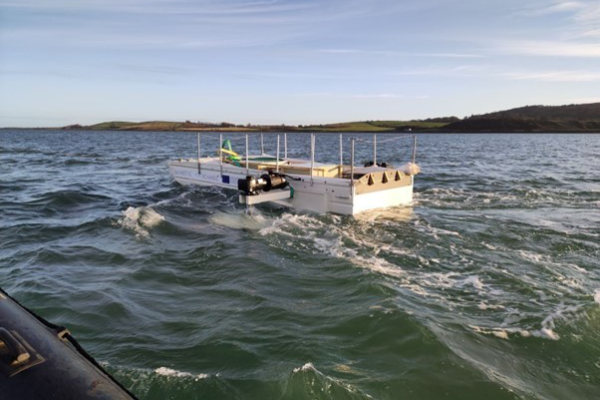
GKinetic is an irish startup operating in the sector of hydrokinetic turbines. Its ambition is to improve the existing hydro devices, exploiting tidal energy to offer clean, predictable energy from free-flowing water, with minimal impact on the natural environment.
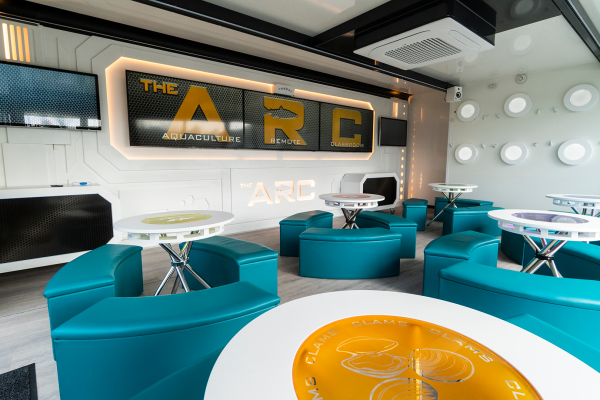
In many countries around the EU, small-town coastal communities are struggling to retain young people in the aquaculture sector. This is also the case on Ireland’s west coast, where local oyster producers are looking for new and innovative ways to promote this culturally and historically significant

Starting a business is not always easy. This is certainly the case in the world of fisheries, where there is so much to know. In France, to help young people enter this old and important trade, the Finistère regional Fisheries and Marine Aquaculture Committee created the EU-funded Pathways to
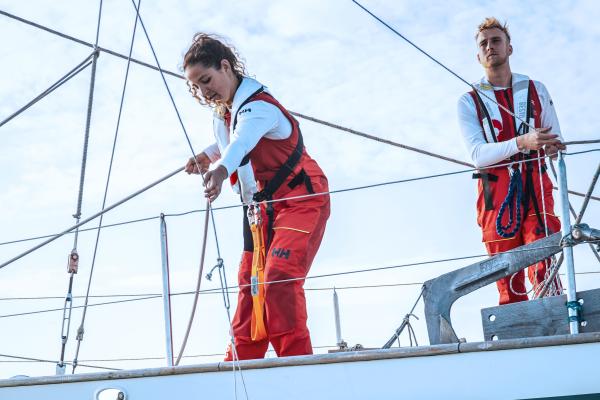
The mission of the Dutch startup Sea Ranger Service is to restore 1 million hectares of ocean biodiversity by the year 2040, while training 20,000 young people for a maritime career.
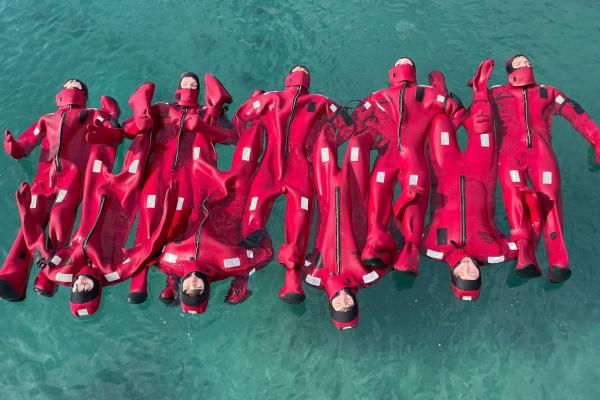
With a little less than 50 km of coastline, fishers in Slovenia often need to be able to diversify. This is why the maritime school of Portorož partnered with local fishers and Istra fisheries local action group to launch an EU-funded training programme “Be a fisher!”,
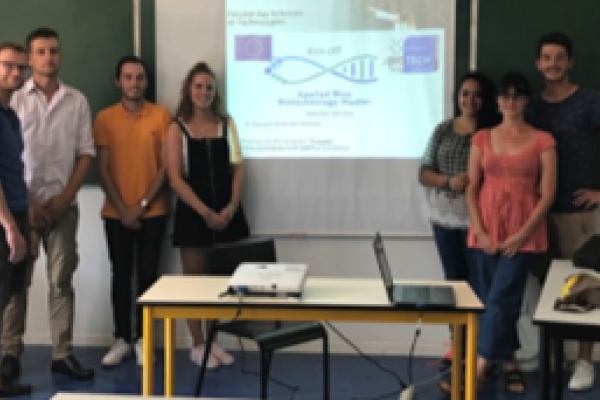
The European Green Deal envisages a central role for the blue economy. For this to happen, the blue economy needs a large pool of highly-qualified and skilled professionals. Yet today, many blue economy sectors have difficulties finding the right people.

MER-CLUB is an ambitious scientific project which aims to tackle the issue of mercury pollution in marine sediments. Mercury pollution is a global problem with large environmental, socio-economic and health impacts.

Hydro Volta is a Belgian start-up that proposes a sustainable method of producing drinking water from seawater, addressing the global water shortage in an economical and ecological way.

Re-routing shipping lanes is one way to reduce the effects of underwater noise on the marine environment. Until now, ocean scientists have not been able to study how large-scale diversions of this kind might affect noise levels or marine life.
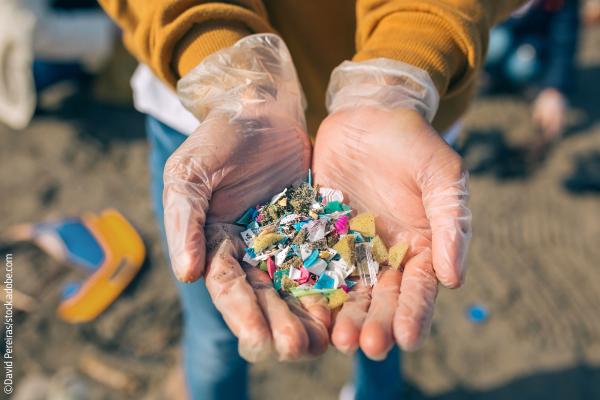
Knowing where marine litter comes from is fundamental to achieve a healthy marine environment. And this is exactly what the Finnish EU-funded RoskatPois! (LitterAway!) project set out to do.
